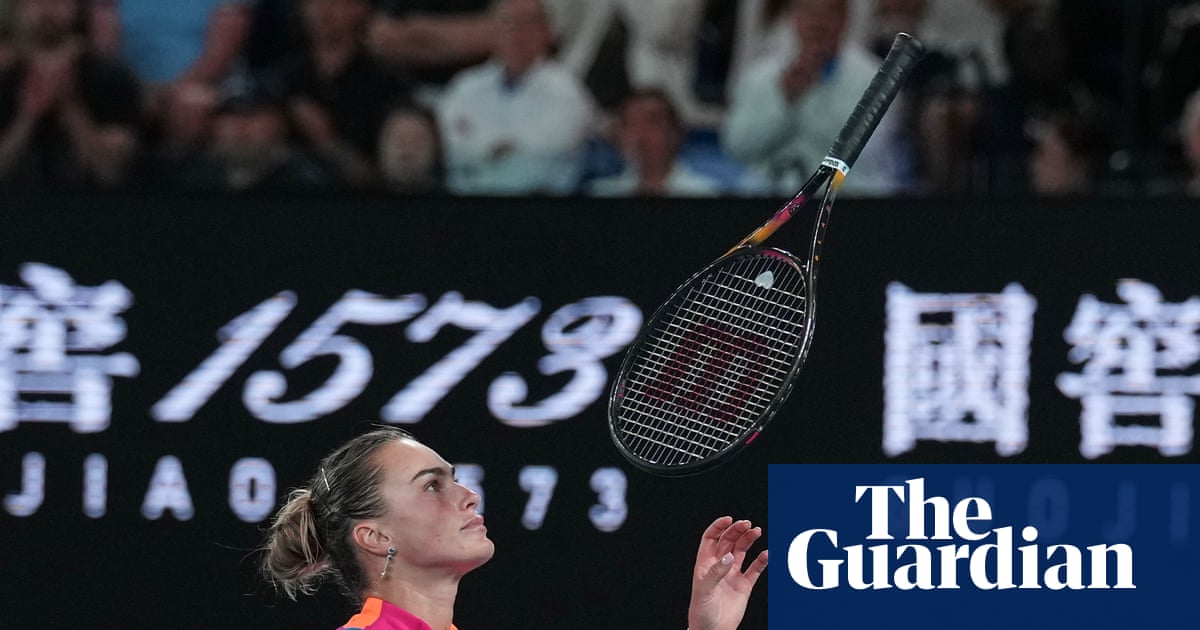Rugby union is a sport of trends and of unintended consequences and what I expect to be the two most decisive factors in England’s clash with the All Blacks on Saturday are inextricably linked. Much has been made of England’s firepower on their bench – New Zealand’s isn’t bad either – and when coaches are able to call upon such quality replacements, often en masse, then the kicking battle becomes all the more important.
Because the international game is not currently as fluid as it has been. That isn’t necessarily a criticism, it’s just the way things are at present; a little bit like the Premier League where set pieces and long throws are dominating. Of course we would all love to see flowing, attacking rugby but it’s really difficult because all elite sides favour having 13 or 14 men in the line, they all seem to adopt a blitz defence and the sheer level of physicality means it can be hard to have possession. It means that having a good set piece and a good kicking game are paramount and the emerging trend for “bomb squads” accentuates that because less fatigue is taking hold across 80 minutes. That isn’t to say there aren’t some magical moments when teams are on transition – Henry Arundell’s try against Fiji is a great example – but it is clear to me that things are a little old school at the moment.
It is not a new phenomenon that international rugby matches are decided in the final 20 minutes but Steve Borthwick deserves credit for taking what was a real weakness of England’s 12 months ago and making it one of their strengths. In last year’s autumn campaign the bench just wasn’t up to standard, Borthwick did not have the level of quality individuals needed, but that is no longer an accusation that can be levelled at him. Six British & Irish Lions including Tom Curry, who I believe is the best openside flanker in the world, demonstrate that England’s bench is a potent weapon.
It is, of course, a risk to stack your bench, all the more so when playing a side such as the All Blacks, who have a history of starting fast and blowing teams away. Borthwick will be mindful of that but this is not a vintage New Zealand side. Granted they raced into a 17-0 lead against Scotland but in years gone by the All Blacks would have racked up 40-odd points and put Scotland well out of sight. As it was they had to win the match twice at Murrayfield.
The key for Borthwick is not just having this arsenal on the bench, it is deploying it in the right way. Evidently, just as the Springboks have done, Borthwick likes to make wholesale changes to his forward pack around 50-60 minutes. We can expect that again on Saturday but crucial will be the head coach’s ability to adapt on the hoof if he needs to. If New Zealand have raced in to an early lead he cannot afford to stand on ceremony. The Springboks are the world leaders in that regard. Against France last weekend, Rassie Erasmus changed one of his props after half an hour, replaced Siya Kolisi at half-time on his 100th cap following Lood de Jager’s red card, made the surprise move to bring on Manie Libbok at fly-half and push Sasha Feinberg-Mngomezulu to full-back and deployed André Esterhuizen as a flanker/centre. They were inspired, proactive moves by Erasmus and he and his coaches are streets ahead of the rest of the world in that regard. Borthwick has to be prepared to be similarly brave on Saturday.

If things pan out as Borthwick seems to expect, the scoreline will be close heading into the final quarter. Heavy rain is forecast so it could well be a cagey affair and there is no doubt that both sides will look to kick regularly. New Zealand’s No 1 priority when doing so will be to keep the ball away from Freddie Steward and in order to do that they will look to kick off 10 and 15 rather than 9. Two clean, quick passes gives the full-back a far better opportunity to find space than when kicking through the scrum-half.
after newsletter promotion
England, for their part, will look to Alex Mitchell and George Ford to exert the kind of control they exerted over Australia and as a result the latter’s recall at fly-half is no surprise. Steward is in for a busy afternoon and Tom Roebuck’s return to fitness from an ankle injury is a huge boost for Borthwick because they are two of the best aerial operators around. Again, that may not be what spectators who value fast, free-flowing rugby want to see all the time but I’m reluctant to view England’s kicking in a negative light. The criticism was understandable at the World Cup when they were wasting overlaps to put boot to ball but now they are maximising their assets. Do the Springboks come in for unfair criticism for their reliance on their scrummaging ability? There are three reasons why you kick – to get territory, to get the ball back and to score. In their two matches to date England have shown how effective they can be in all three facets and on Saturday, against the side ranked second in the world, it stands to reason that they will attempt to do so again.

 2 months ago
81
2 months ago
81

















































